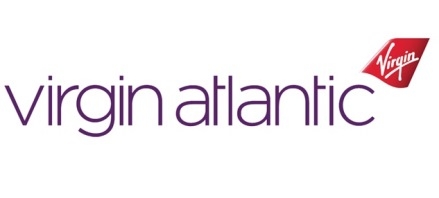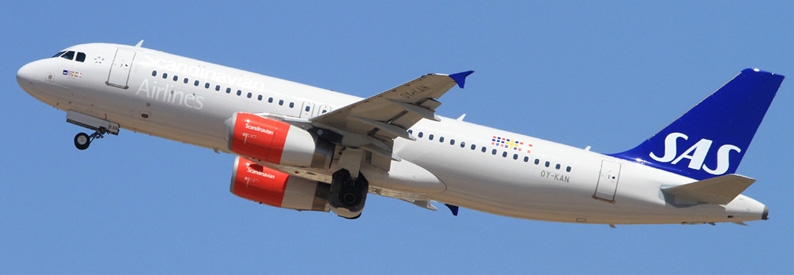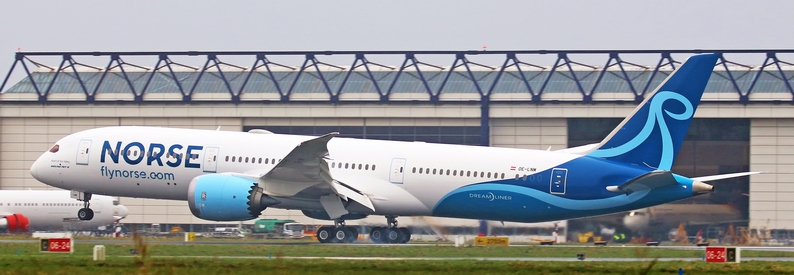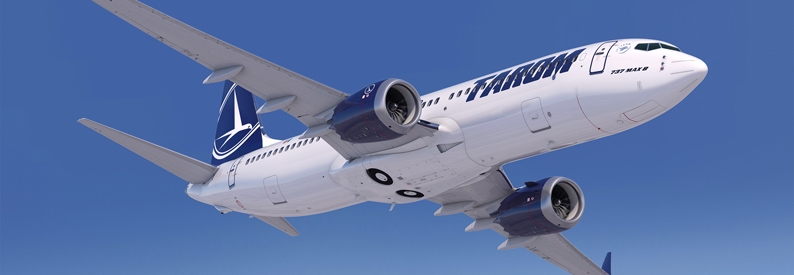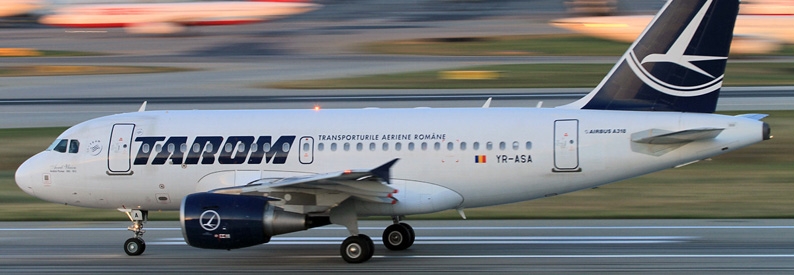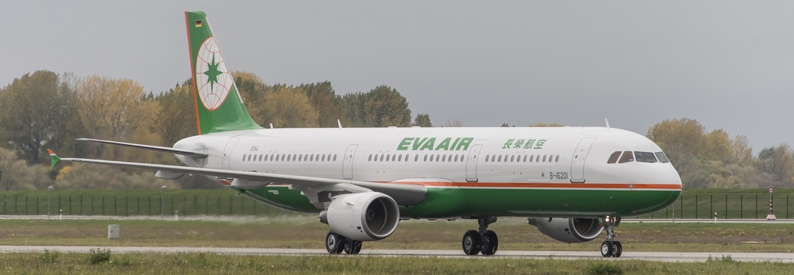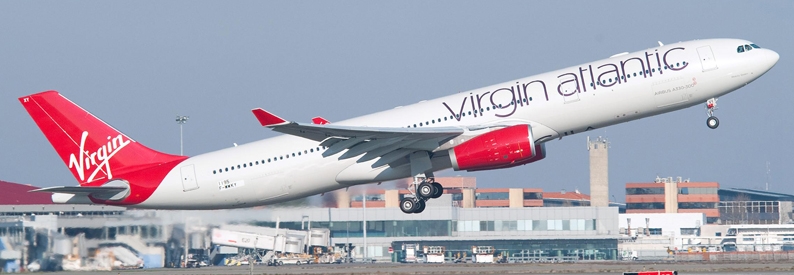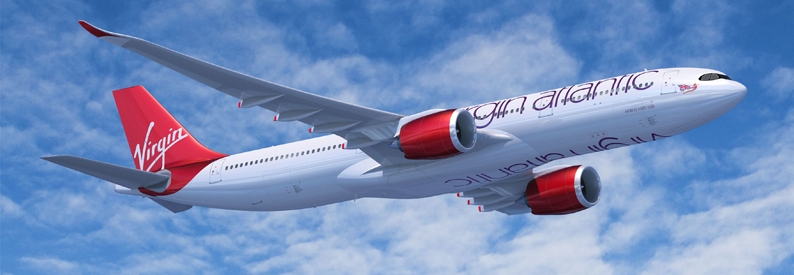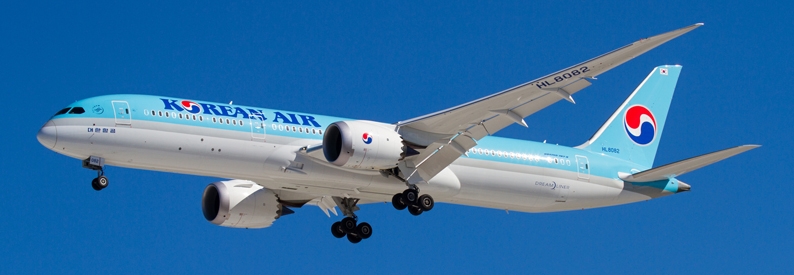Virgin Atlantic (VS, London Heathrow) has agreed a rescue package of measures worth GBP1.2 billion pounds (USD1.5 billion) together with shareholders and creditors that is designed to secure its future and return it to profitability in 2022, it outlined in a statement on July 14.
The “court-backed process” is “part of a solvent recapitalisation” of the airline, it said, and includes restructuring and a new five-year business plan to “rebuild its balance sheet.”
The deal cuts out the need for UK government support that founder Richard Branson had initially sought. It is expected to be completed towards the end of this summer and deliver refinancing over the next 18 months.
The measures in the restructuring plan include:
- Shareholders providing about GBP600 million (USD757 million) in support including a GBP200 million (USD252 million) investment by Virgin Group and the deferral of GBP400 million (USD505 million) in shareholder deferrals and waivers
- New partner Davidson Kempner Capital Management, an investment firm, providing GBP170 million (USD214 million) in secured financing
- Creditors allowing the carrier more than GBP450 million (USD568 million) worth of deferrals
- The support of credit card acquirers Cardnet and First Data.
The total refinancing sum is in addition to self-help measures already taken at the carrier which include cost savings of around GBP280 million (USD353 million) per year and GBP880 million (USD1.1 billion) through rephasing and financing aircraft deliveries over the next five years.
Virgin Atlantic now aims to operate a streamlined fleet of 37 twin-engine aircraft following the retirement of seven B747-400s and four A330-200s by the first quarter of 2022, with rescheduled delivery of outstanding A350-1000s and A330-900Ns.
The transatlantic specialist, which is 51% owned by Branson’s Virgin Group and 49% by Delta Air Lines (DL, Atlanta Hartsfield Jackson), has also cut more than 3,500 jobs and closed its London Gatwick base.
“Undoubtedly, the last six months have been the toughest we have faced in our 36-year history. We have taken painful measures, but we have accomplished what many thought impossible,” CEO Shai Weiss commented in the statement. “Despite the incredible efforts of our teams, through cancelled flights and delayed refunds we have not lived up to the high standards we set ourselves, but we will do everything in our power to earn back their trust.”
In the second quarter of 2020, the number of flights Virgin Atlantic operated fell by 98%, and in the second half of 2020 capacity is expected to be down by at least 60% compared to 2019, the company said. Pre-crisis levels are unlikely to return until 2023. The airline introduced cargo-only flights during April and conducted about 1,400 cargo flights in April, May, and June.
